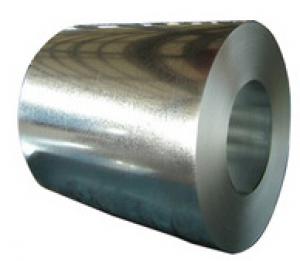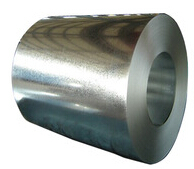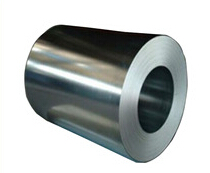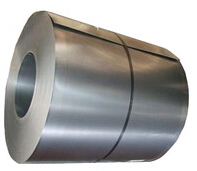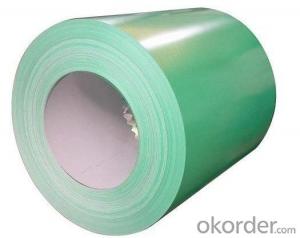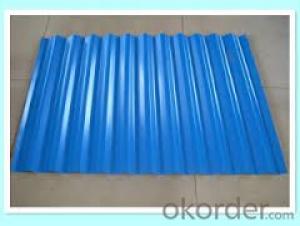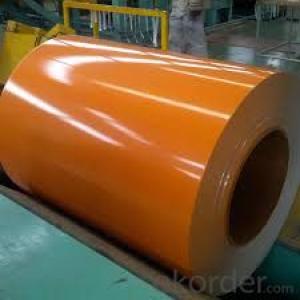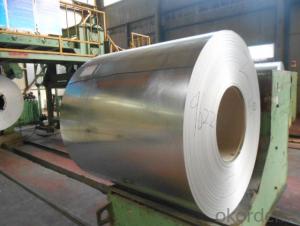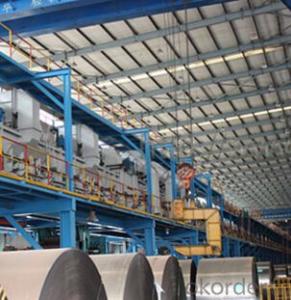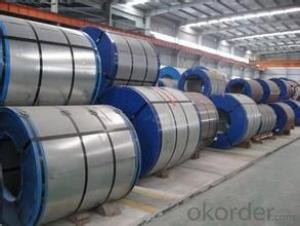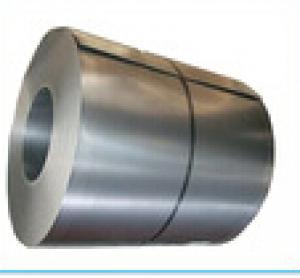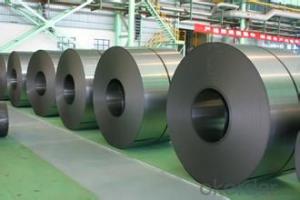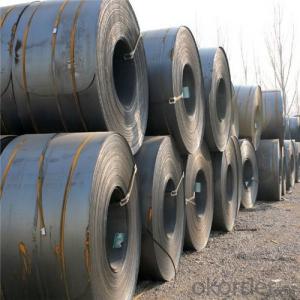High Dimensional Accuracy Cold Rolled Steel Coil
- Loading Port:
- China Main Port
- Payment Terms:
- TT OR LC
- Min Order Qty:
- -
- Supply Capability:
- -
OKorder Service Pledge
OKorder Financial Service
You Might Also Like
Specification
1. Thickness: 0.4-2.0mm
2. Width: 900-1250mm
3. Inner Diameter: 508 & 610mm
4. Weight of Steel Coil: 3-15MT
5. Heat Treatment: Annealed + Smoothed
6. Margin Status: EC & EM
7. Surface Quality: FC & FD
8. Surface Treatment: Oiling
9. Surface Status: Bright
Chemical Components
Grade | Chemical Components | ||||
C | Mn | P | S | Si | |
Q195 | ≤0.12 | ≤0.50 | ≤0.035 | ≤0.04 | ≤0.30 |
Mechanical Properties
1. Yield Strength: ≤285MPa
2. Tensile Strength: ≤347MPa
3. Elongation (L=50mm, b=25mm) When:
(1) Nominal Thickness <0.25mm: 34%
(2) Nominal Thickness 0.25mm-<0.40: 36%
(3) Nominal Thickness 0.40-<0.60mm: 38%
(4) Nominal Thickness 0.60-<1.0mm: 40%
(5) Nominal Thickness 1.0-<1.6mm: 41%
(6) Nominal Thickness >1.6mm: 42%
Application
1. Base metal for coated and dipped products.
2. Home appliance and home furniture
3. Bicycle
4. Building industry
5. Battery Shell
6. Automobile fitting, hardware
7. Industrial products including motors, generators
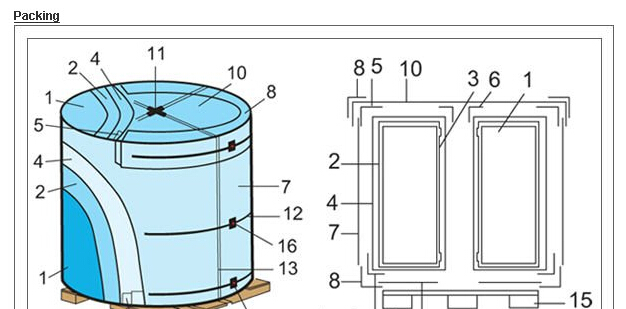
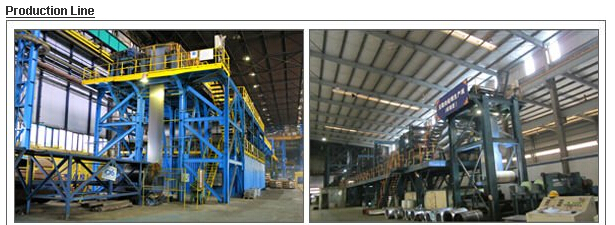
- Q: How are steel coils used in the manufacturing of electrical transformers?
- Steel coils are used in the manufacturing of electrical transformers as they provide structural support and act as a core for the transformer. The steel coils are wound with copper wire to create the primary and secondary windings, which help in transferring electrical energy efficiently.
- Q: Are steel coils resistant to rust and corrosion?
- Steel coils exhibit resistance to rust and corrosion. Typically, these coils are crafted from either carbon steel or stainless steel, both of which possess exceptional properties for combating corrosion. Carbon steel coils are frequently coated with a protective layer, such as zinc or a polymer coating, to augment their resistance to rust and corrosion. Conversely, stainless steel coils possess inherent corrosion-resistant qualities due to the presence of chromium. This element creates a protective oxide layer on the steel's surface, effectively preventing rust and corrosion. Nonetheless, it is crucial to acknowledge that the extent of resistance may also hinge on the specific grade and quality of the steel employed in the coils, as well as the environmental conditions to which they are exposed.
- Q: How are steel coils used in the production of power transmission towers?
- Steel coils are used in the production of power transmission towers as they are rolled and formed into the required shapes and sizes to create the structural components of the towers. The coils are processed and cut into specific lengths, which are then welded or bolted together to construct the tower sections. The robustness and strength of steel make it an ideal material for transmitting large amounts of electricity over long distances, ensuring the stability and reliability of power transmission towers.
- Q: i have a guitar with three nylon three steel strings. Am i able to replace the nylons with steel strings?
- Be careful - if the guitar is strictly a classical guitar, then it is made to handle nylon strings only. If you put steel strings on a classical nylon-string guitar, you can bend the neck pretty bad due to the increased tension of the steel strings. Research your particular guitar in question and see if it is in fact a nylon-only classical guitar or not.
- Q: What are the different methods of stretch leveling steel coils?
- There are several methods of stretch leveling steel coils, each with its own advantages and applications. 1. Roller Leveling: This method involves passing the steel coil through a series of rollers that apply pressure to stretch and flatten the material. It is a widely used method for leveling steel coils and offers good control over the leveling process. Roller leveling is suitable for thin and medium gauge steel coils. 2. Tension Leveling: In this method, the steel coil is subjected to high tension forces applied by a set of bridle rolls. The tension helps to elongate and flatten the material, resulting in a level and stress-free coil. Tension leveling is particularly effective for thicker and harder steel coils. 3. Laser Leveling: Laser technology is employed in this method to measure and correct any imperfections in the steel coil. A laser scanner scans the surface of the coil and detects variations, which are then adjusted by a laser beam. Laser leveling offers high precision and is suitable for leveling sensitive and high-value steel coils. 4. Stretcher Leveling: This method involves stretching the steel coil beyond its yield point, which causes the material to permanently deform and eliminate any residual stresses. Stretcher leveling is commonly used for heavy gauge coils and can achieve significant flatness improvements. 5. Tensionless Leveling: As the name suggests, tensionless leveling is performed without applying tension to the steel coil. Instead, hydraulic or pneumatic pressure is used to stretch and flatten the material. This method is suitable for delicate or sensitive steel coils that may be prone to damage under high tension forces. Each method of stretch leveling steel coils has its own advantages, such as control, precision, or suitability for specific types of steel coils. The choice of method depends on factors like the thickness, hardness, and quality requirements of the steel coil, as well as the desired flatness and surface finish.
- Q: How are steel coils used in the production of automotive engine components?
- Steel coils are used in the production of automotive engine components by being processed and shaped into various parts, such as pistons, crankshafts, and connecting rods. The coils are first cut, stamped, and formed into the desired shapes, and then undergo heat treatment and other machining processes to enhance their strength and durability. These components are crucial for the proper functioning of an automotive engine, as they provide structural support and help convert the energy generated by the combustion process into mechanical motion.
- Q: ex: boat hull made out of steel
- Metal coating mean the best one is Titanium but it is more expensive .Go for epoxy putty with epoxy painting can solve your need
- Q: Can steel coils be coated with zinc-nickel alloy?
- Yes, steel coils can be coated with a zinc-nickel alloy. Zinc-nickel alloy coating provides excellent corrosion resistance and is commonly used in various industries including automotive, construction, and manufacturing.
- Q: Is it possible that stainless steel watches get rust. Any experience? Thanks.
- Stainless Steel comes in many different grades, a prime example is to see if a magnet sticks to it if so it has a high iron content as the grade of the stainless increases its magnetic ,iron properties decrease have you ever left a stainless knife, fork, spoon in a kitchen sink for a few days it will show evidence of rusting most jewelery is low grade stainless as it does not need to to be suitable for medical grade or marine grade quality under normal conditions wearing your stainless steel watch will not make it rust however if you were to leave that watch in contact with another metal and they are wet then yes it will rust as it will create a chemical reaction.
- Q: i want to know what is light gauge steel and the diffrences between light gauge steel and steel for roof truss.
- guage means thickness.
Send your message to us
High Dimensional Accuracy Cold Rolled Steel Coil
- Loading Port:
- China Main Port
- Payment Terms:
- TT OR LC
- Min Order Qty:
- -
- Supply Capability:
- -
OKorder Service Pledge
OKorder Financial Service
Similar products
Hot products
Hot Searches
Related keywords
